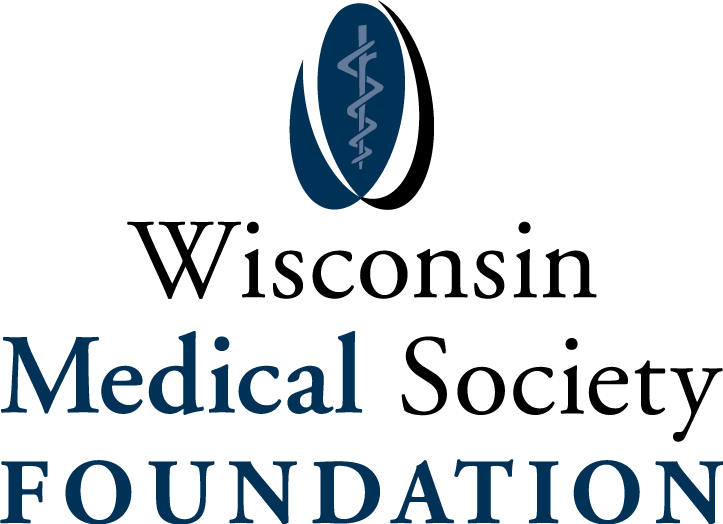Brian Arndt, MD, a professor with the University of Wisconsin (UW) Department of Family Medicine and Community Health embraces the Wisconsin Idea with the vision of Wisconsin EATS Healthy. The four parts of the program are:
- Enhanced nutrition security for all
- Amplified partnerships and collaboration
- Transformed regional food system
- Sustainable practices and economic stability
UW School of Medicine and Public Health student Alec Anderson was excited to join Dr. Arndt on a research project supported by the Wisconsin Medical Society Foundation's Fellowship Fund.
As part of their research, they planned to investigate and outline:
- ways clinicians can sensitively engage in nutrition security conversations with their patients at the point of care,
- develop a screening tool that assesses produce consumption, food insecurity, utilization of FoodShare, participation in Double Dollars, and other nutrition incentive programs, and administer the tool in family medicine clinics,
- demographics that could be used to educate and facilitate referrals to eligible food programs, and
- build a toolkit for clinicians.
The nutrition security screening tool was developed and administered to patients at two family health clinics who received a diagnosis of prediabetes, diabetes, hypertension, congestive heart failure, or obesity. As a nutrition navigator, Alec administered the survey and connected with organizations working within this space including Badger Prairie Needs Network, Community Action Coalition for South Central Wisconsin, FoodWIse (Division of UW Extension), Madison Area Food Pantry Gardens, Verona Downtown Farmers’ Market, Kwik Trip, and Quartz.
Alec also had the opportunity to work in this space through Wisconsin AHEC’s Community Health Internship Program (CHIP) at a community clinic on Milwaukee’s south side serving a predominantly Latinx patient population focused on addressing nutritional security for patients with type II diabetes and facilitating discussions about the social and mental stressors that accompany the management of a chronic disease like diabetes.
Partnering with these organizations contributed to the success of the project and helped Alec better understand how physicians work with other community-based organizations to impact health outcomes.
Many of the patient participants were not aware of programs and initiatives available to them. Alec noted that it was rewarding to be able to connect patients to resources and highlighted the opportunity to provide education to patients. The data collected will contribute to the development of food is medicine-related resources that clinicians can use for education at the point of care, principally at Food Is Medicine - UW Family Medicine & Community Health.
“This fellowship experience was so much more valuable from a personal perspective than I ever could have imagined,” noted Alec. “I have always been interested in pursuing a career in primary care, but struggled to see how I could integrate my interests in public health and prevention with clinical medicine.” With this experience, Alec was able to observe a physician mentor who deftly balances clinical practice while impacting patient health outcomes at multiple levels. He was also able to see how physicians can successfully collaborate with community organizations and other stakeholders to have wide-reaching impacts on their patients and communities. “This experience has opened my eyes to the opportunities that lay ahead as a physician and how I can integrate different roles into my practice.”

Valuable experiences like these are only made possible through generous donations to the Foundation’s Fellowship Program. Please consider contributing to support student and physician led medical research.
Back to top